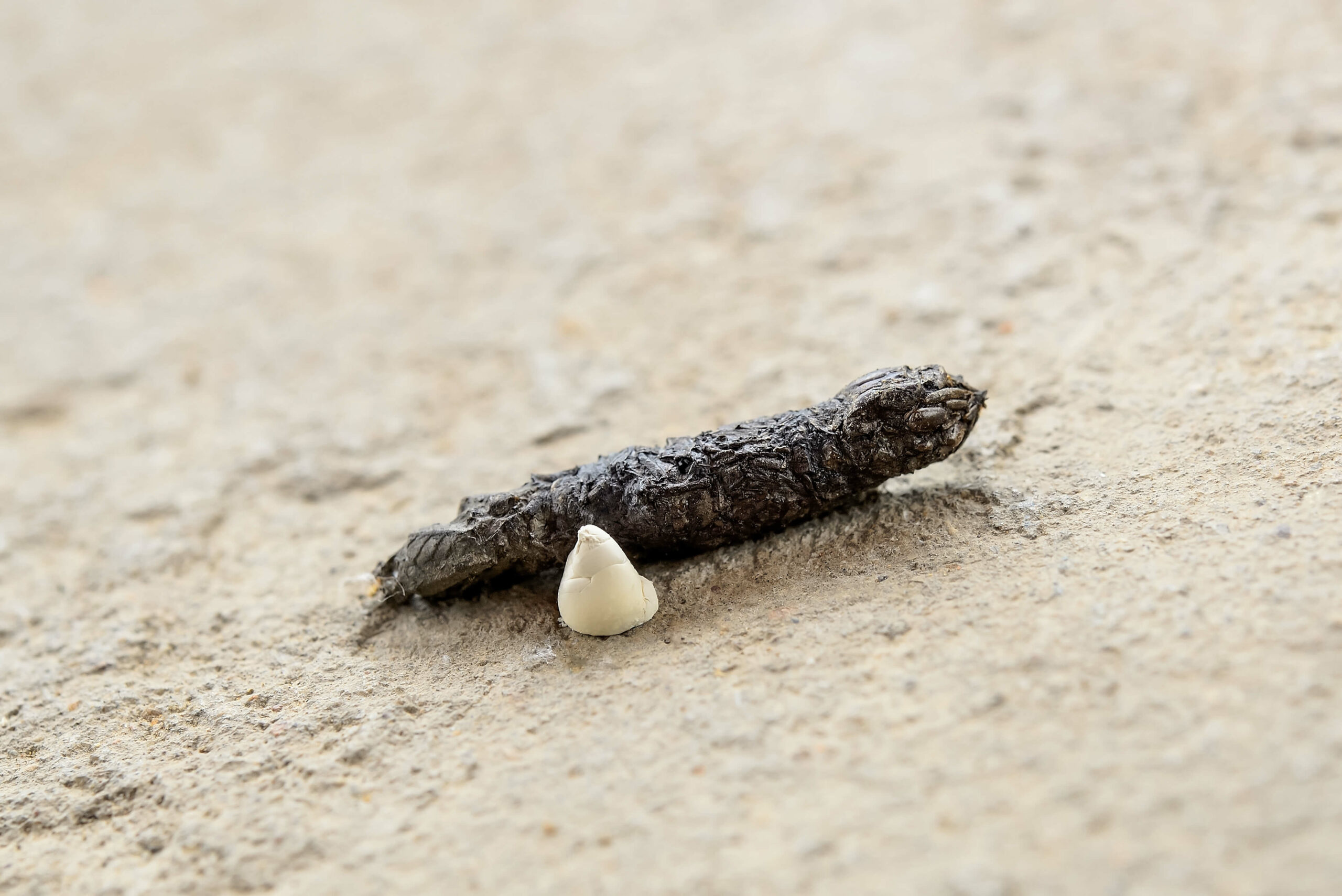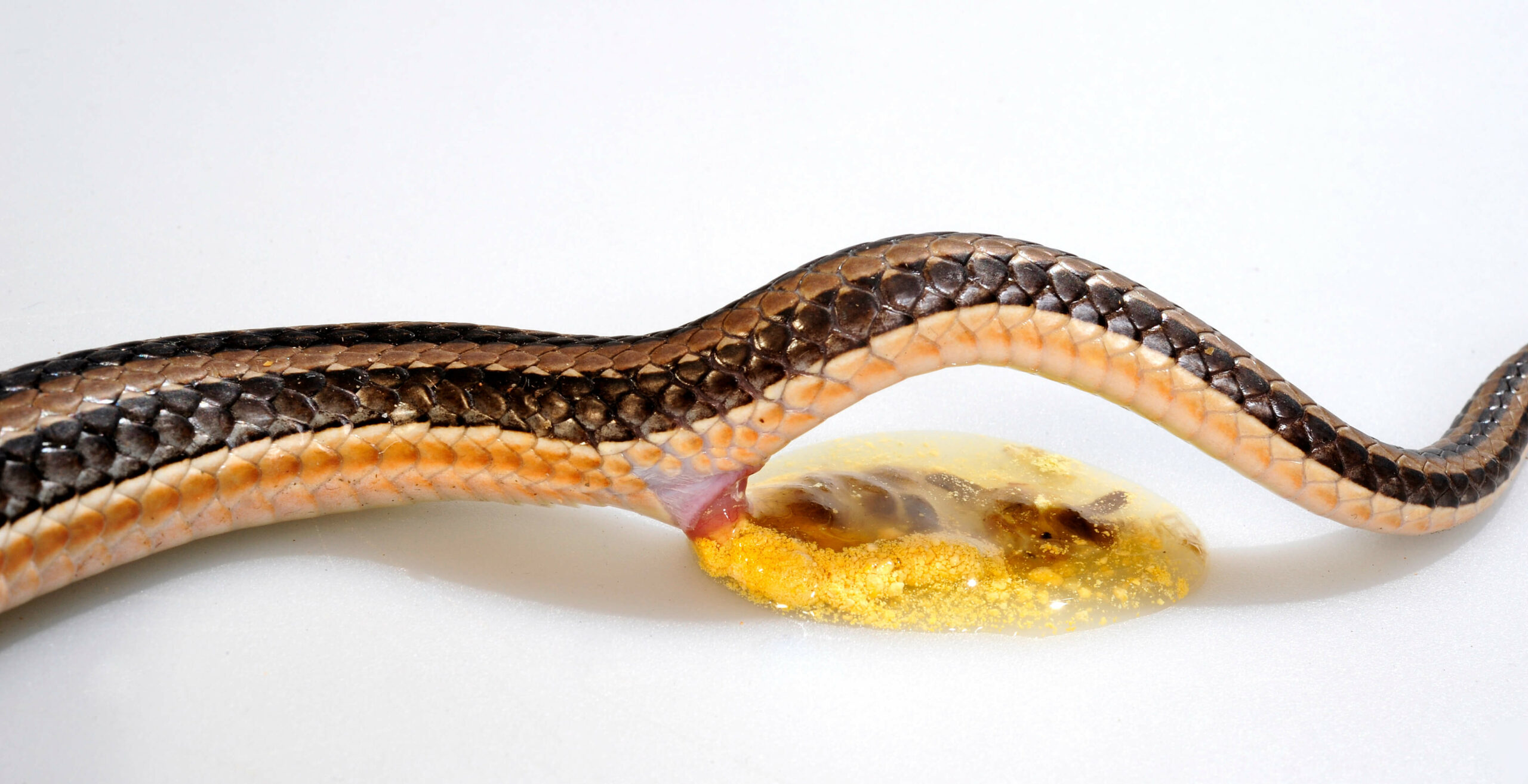Unraveling The Mysteries Of Snake Poop
When it comes to understanding the natural world, few topics are as intriguing yet overlooked as the excretions of reptiles, particularly snakes. Snake poop, or feces, can provide valuable insights into the health and diet of these fascinating creatures. By examining the characteristics of snake poop, we can learn more about their behaviors, habitats, and even how to care for them in captivity.
Many pet owners often find themselves questioning the significance of their snake's droppings. Is it a sign of health? What can it tell us about their diet? These questions are important, especially for those who are passionate about their reptilian companions. Understanding the anatomy of snake poop not only helps in maintaining a healthy pet but also fosters a deeper appreciation for these remarkable animals.
In this comprehensive article, we will delve into the world of snake poop, exploring its characteristics, the factors that influence its appearance, and what it can reveal about a snake’s overall well-being. Whether you are a seasoned snake owner or simply curious about these incredible reptiles, this guide will provide valuable information that can enhance your knowledge and care practices.
What Does Snake Poop Look Like?
When it comes to snake poop, appearance can vary greatly depending on several factors, including the snake's species, diet, and overall health. Typically, snake feces are long, cylindrical, and can be soft or firm. They often contain undigested remnants of their food, like fur or bones, which can be a key indicator of what the snake has been eating.
How Can You Identify Healthy Snake Poop?
Identifying healthy snake poop is crucial for any snake owner. Here are some characteristics of healthy snake droppings:
- Firm consistency
- Dark brown or greenish color
- Minimal odor
- Presence of undigested food matter
What Are the Signs of Unhealthy Snake Poop?
Conversely, unhealthy snake poop may exhibit several warning signs, including:
- Soft or runny texture
- Unusual colors, such as bright green or yellow
- Strong, foul odor
- Presence of blood or mucus
How Often Should a Snake Poop?
One common question among snake enthusiasts is how often their pet should poop. The frequency can vary based on the snake's species, age, size, and diet. Generally, adult snakes tend to poop less frequently than juveniles. A rough guideline is:
- Juvenile snakes: Every few days
- Adult snakes: Every week or two
Does Diet Affect Snake Poop?
Absolutely! A snake's diet plays a significant role in the characteristics of its poop. For instance, snakes that consume whole prey will produce droppings that contain fur, feathers, or bones. On the other hand, those fed only high-protein diets may have less undigested material in their feces.
What Should You Do If You Notice Changes in Your Snake's Poop?
If you observe any significant changes in your snake's droppings, it could be indicative of health issues. Here’s what you should consider doing:
- Monitor your snake for other symptoms, such as lethargy or loss of appetite.
- Consult a veterinarian who specializes in reptiles.
- Review your snake's diet to ensure it is appropriate for its species.
Can Snake Poop Carry Diseases?
Yes, snake poop can potentially carry diseases that may affect both reptiles and humans. It is essential to practice good hygiene when handling snake feces. Always use gloves and wash your hands thoroughly afterward to minimize any health risks.
How to Clean Snake Poop Safely?
Cleaning snake poop should be done carefully to maintain a sanitary environment for your pet. Here are some steps to follow:
- Wear disposable gloves for protection.
- Use a scoop or paper towel to pick up the feces.
- Dispose of the waste in a sealed bag.
- Clean the area with a reptile-safe disinfectant.
- Wash your hands thoroughly after cleaning.
What Can We Learn from Snake Poop?
Examining snake poop can provide valuable insights into a snake's health and dietary habits. By taking the time to understand your snake's droppings, you can ensure that your pet remains healthy and happy. Monitoring these aspects is crucial for any responsible snake owner and can lead to a deeper appreciation of these remarkable reptiles.
Discovering The Treasures Of Hobby Lobby Dyersburg TN
Exploring The Wonders Of Qure Micro Infusion: Reviews And Insights
Unleash Your Creativity With Pokemon Nanoblocks


